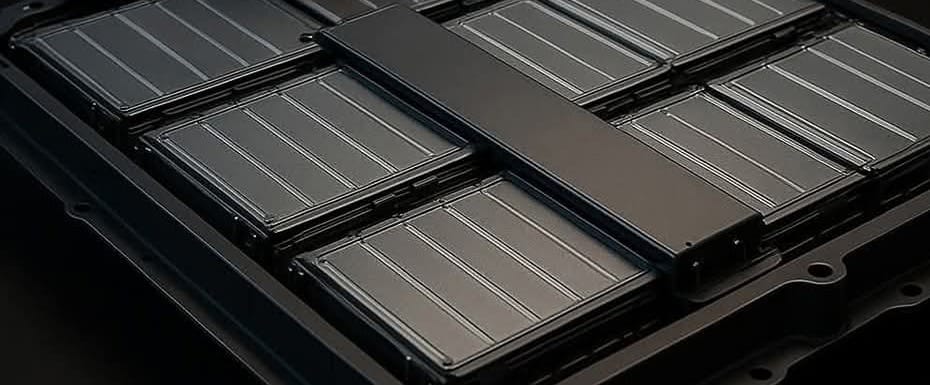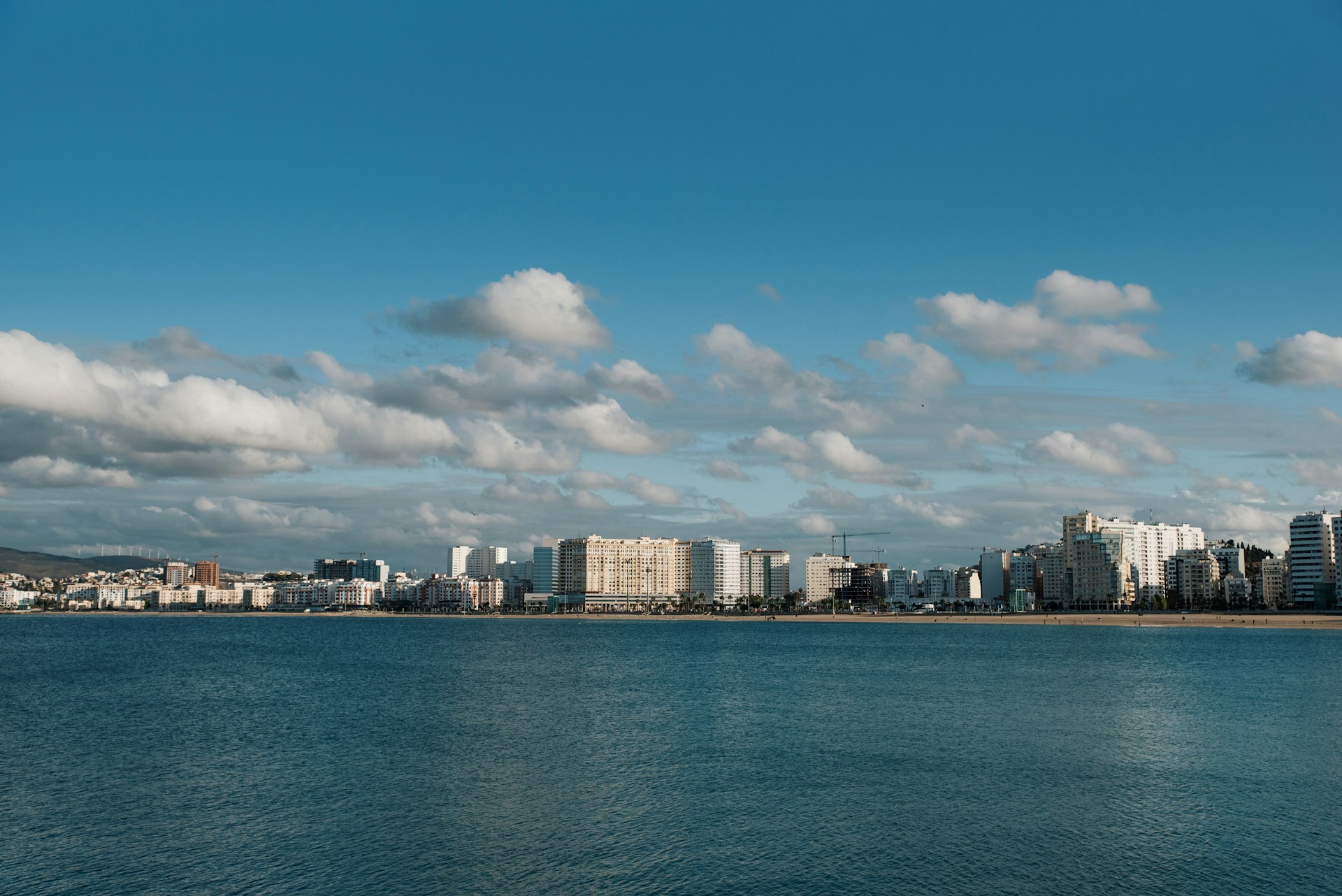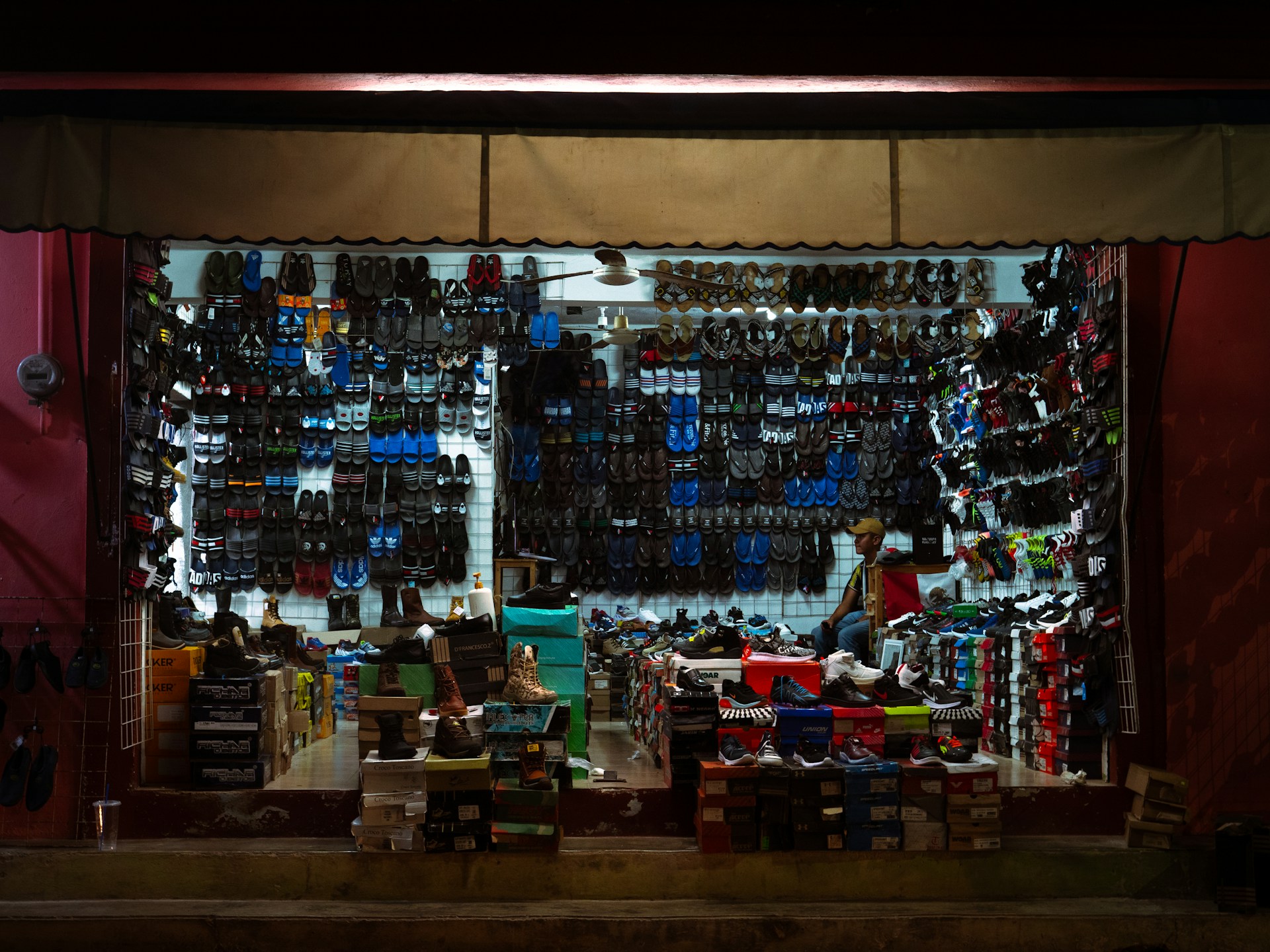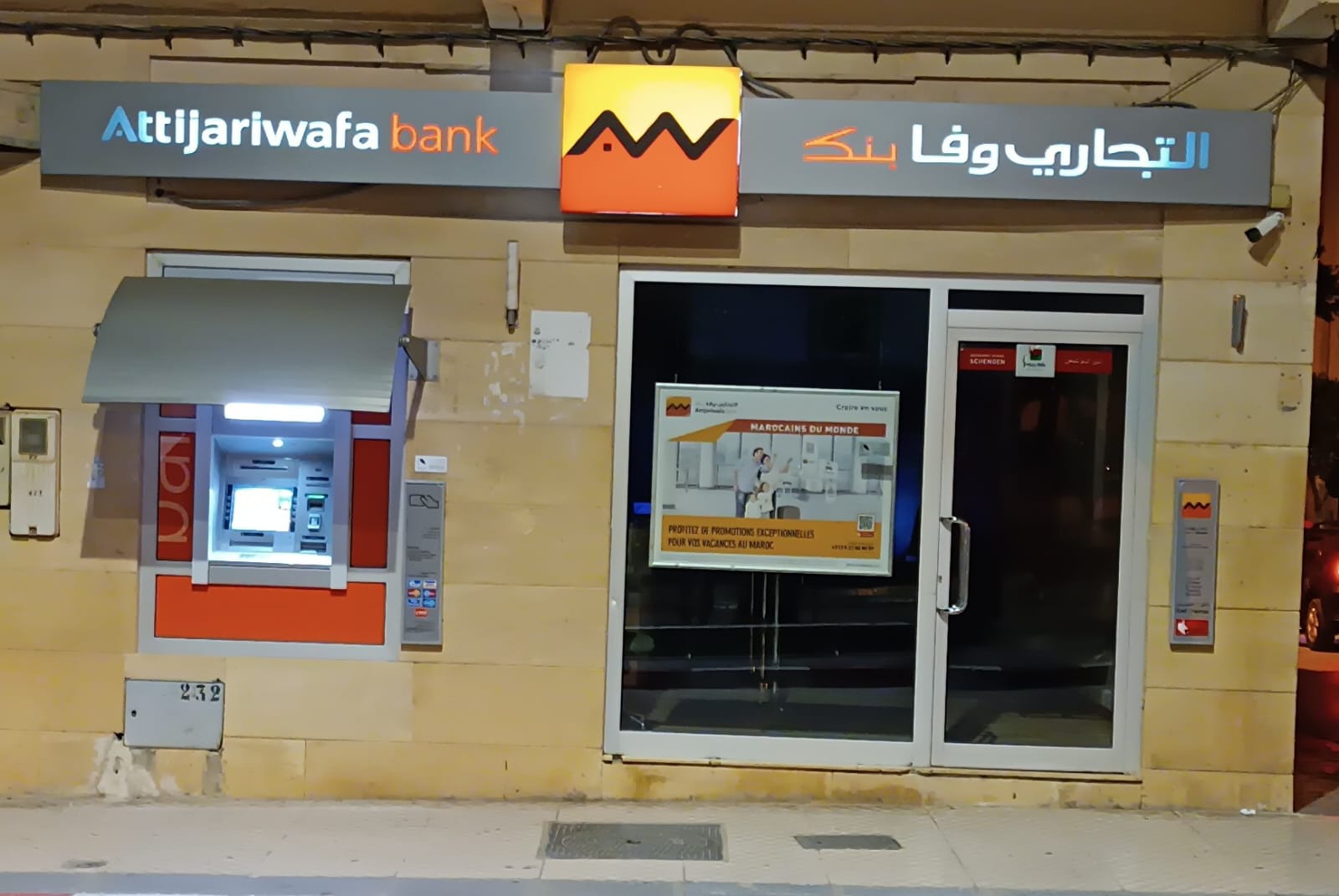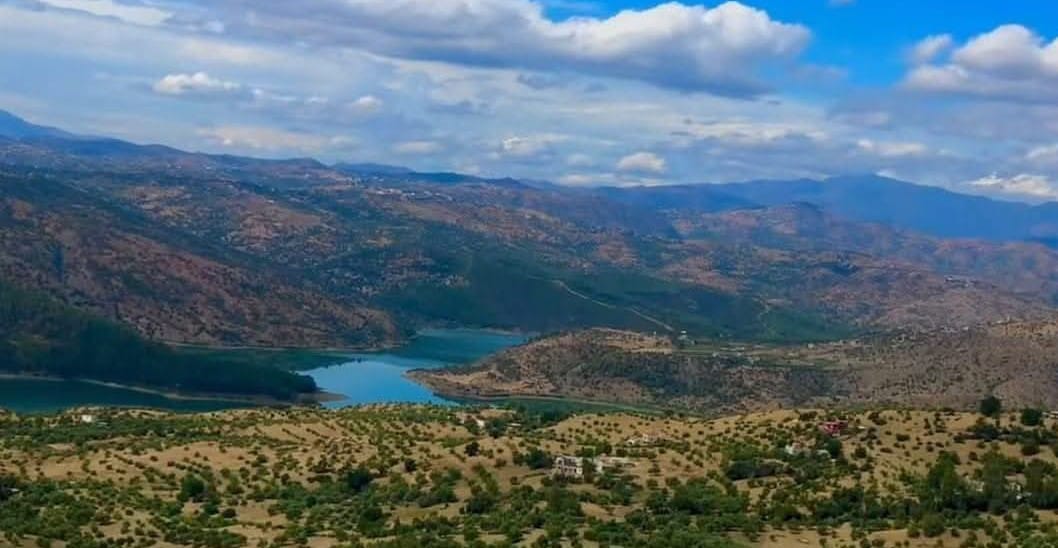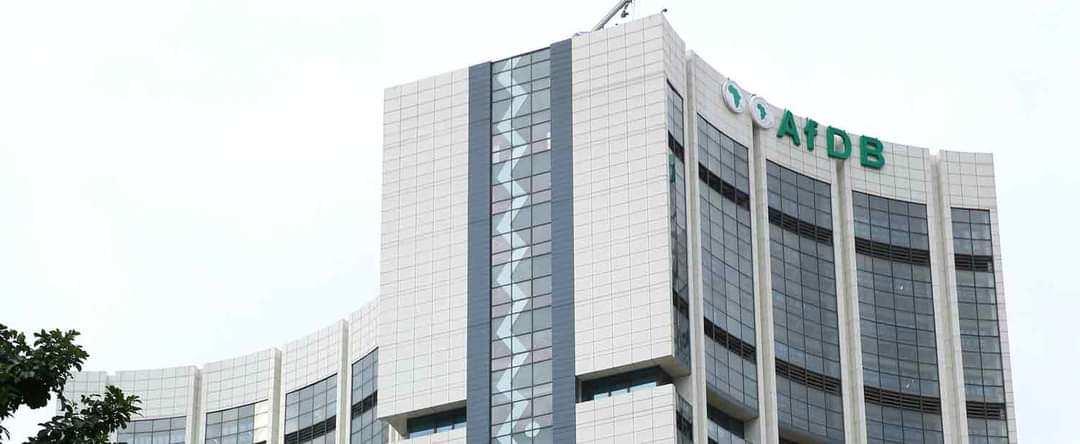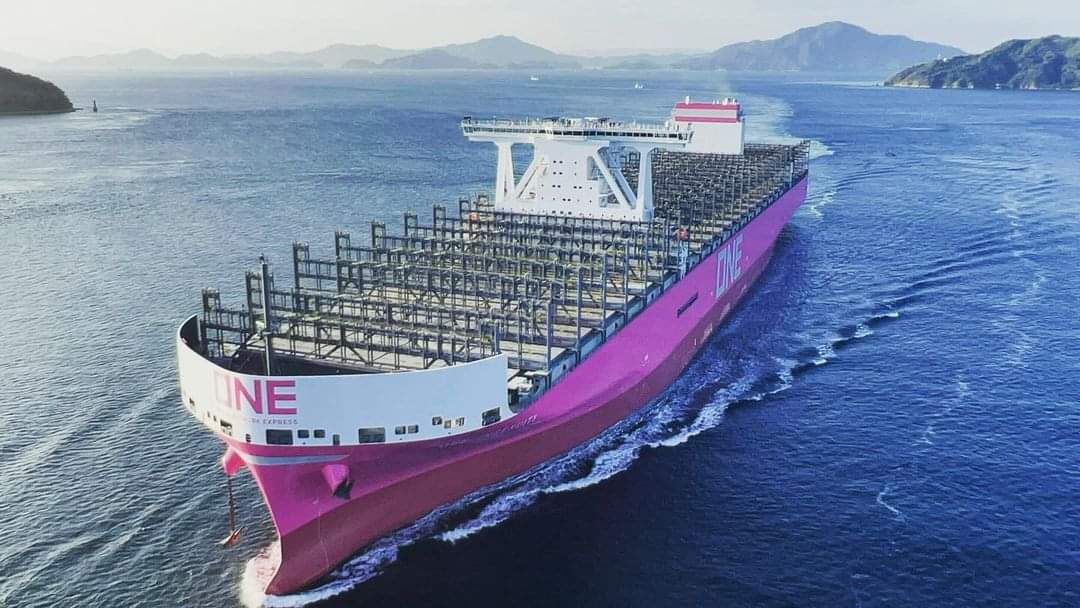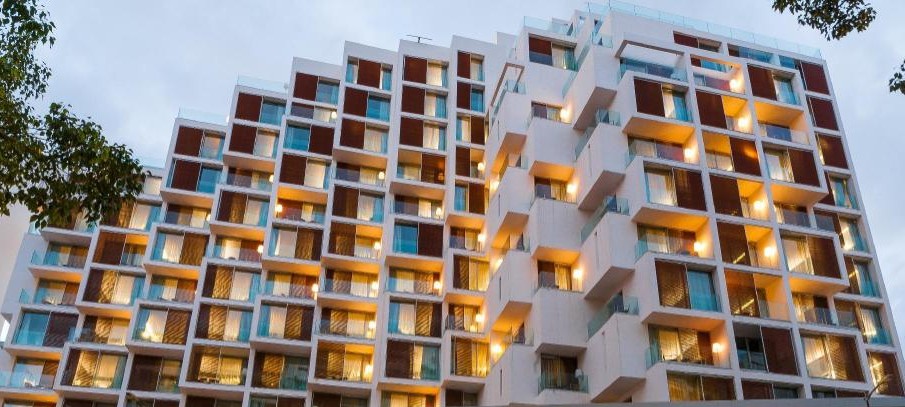Casablanca – Falcon Energy Materials, the Abu Dhabi-based battery materials company, is rapidly advancing its plans to establish Morocco as a key player in the global supply of purified spherical graphite (CSPG), a critical component for lithium-ion batteries. The company’s pilot plant in Jorf Lasfar, near Casablanca, is entering its final construction phase, with operations expected to begin in the fourth quarter of 2025 and initial customer samples scheduled for September.
The pilot facility represents a major milestone in Falcon’s strategy to create the first industrial-scale natural graphite anode production plant outside China. With a daily production capacity of 100 kg of CSPG, the pilot plant will allow large-scale qualification programs with clients and lay the groundwork for Falcon’s planned industrial plant, which is expected to reach an annual capacity of 25,000 tons.
Strategic industrial location
The Jorf Lasfar site is located in the Fluoralpha S.A. industrial zone, a hub with world-class port infrastructure, competitive operating costs, and logistical proximity to European and North American markets. The area is already home to battery-material initiatives, including the CNGR-Al Mada joint venture, creating an unprecedented concentration of industrial activity in the sector.
“The pilot plant is not just about producing graphite samples,” said Matthieu Bos, CEO of Falcon Energy Materials. “We are taking decisive steps toward establishing a full-scale anode production facility and securing a reliable, diversified supply of critical materials. Customers are looking for secure and sustainable supply chains, and our approach ensures a complete solution from mine to market.”
Construction and technical partnerships
Construction of the pilot facility has been entrusted to Open Steel Structure Maroc, the Moroccan subsidiary of Chinese group Open Building Systems, recognized for its expertise in industrial infrastructure for battery materials. The first steel shipments are expected in early September, with building completion scheduled for November. All processing equipment is being assembled and tested in China by Hensen Graphite & Carbon Corporation before shipment to Morocco.
Falcon’s partnership with Hensen and Fluoralpha underpins a vertically integrated production approach that controls the entire value chain—from graphite extraction in Guinea to processing in Jorf Lasfar—ensuring independence from Chinese supply. This strategy is particularly relevant at a time when global demand for battery materials is rising and geopolitical considerations are driving manufacturers to diversify their sources.
A launchpad for global expansion
The pilot plant is seen as a stepping stone toward Falcon’s planned industrial anode plant, which is projected to generate an annual EBITDA of $152 million, with an estimated margin of 62%. The plant will serve major European and North American markets, reinforcing Morocco’s role as a hub for the growing electric vehicle and energy storage industries.
Falcon Energy Materials is also leveraging Morocco’s strategic mining resources, including phosphate and lithium, to build a sustainable, high-value battery materials ecosystem. By participating as an official partner at LithiumDays 2025 in Hamburg, Germany, the company—and by extension Morocco—aims to attract global battery sector players to invest locally, strengthening the Kingdom’s position within Europe’s electric mobility and energy storage value chains.
Integrated and sustainable approach
The company emphasizes an integrated, “mine-to-market” model that prioritizes supply chain security and sustainability. This approach aligns with market demand for traceable, reliable, and environmentally responsible battery materials. The deep-water port access and competitive operating conditions of Jorf Lasfar make the location ideal for serving international markets efficiently.
If Falcon Energy Materials meets its timeline, Morocco will host a pilot plant capable of producing 100 kg of CSPG per day by the end of 2025. The plant not only positions Jorf Lasfar as a key hub in the battery materials sector but also sets the stage for large-scale industrial production that could transform the global supply chain for electric vehicle and energy storage batteries.






